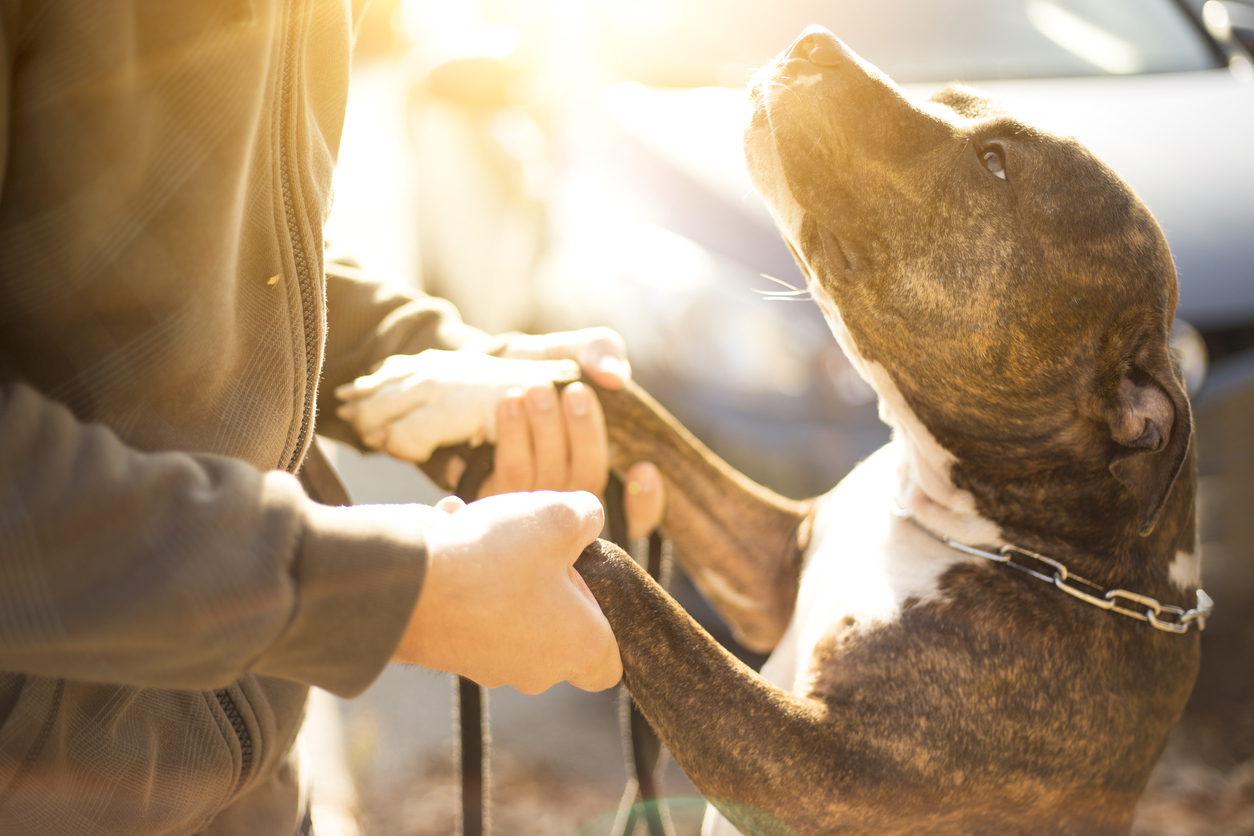
The ACT government has put out a draft animal management strategy, which, in effect, says no to stronger laws and restrictions on dogs.
The past ten years, state governments in VIC, NSW, TAS and WA have introduced tougher dog laws, aimed at reducing dog attacks. The laws have included harsher penalties on owners whose dogs attack people or other pets, as well as restrictions on certain breeds, particularly the American pit bull terrier.
But the ACT has proved immune to what is otherwise a nationwide trend.
“While the ACT has strong legislation governing the management of domestic animals, including dogs involved in attacks, it is a fact that legislation alone cannot prevent dog attacks,” said Meegan Fitzharris, Minister for Transport and City Services.
“Canberrans love their pets, and the Government is committed to ensuring we become an Australian leader in ensuring the highest standards of welfare.”
In publishing the strategy, Ms Fitzharris is delivering on an election promise for more proactive animal management.
However, her strategy, which mostly consists in calling for internal reviews, has disappointed the opposition, The Canberra Times, and some dog attack victims, who have been pushing for stronger dog laws.
“The Barr government has demonstrated it doesn’t care about the victims of dog attacks, with its complete inaction on the issue,” said Shadow Minister for Urban Services Steve Doszpot, one of the most vocal MLAs calling for tougher dog laws.
“I brought a motion to the Assembly to get the government to commit to action on dealing with dangerous dogs and dog attacks that have been plaguing the community. However, Minister Fitzharris has completely shelved the issue, showing she doesn’t care.”
Last year, a fiercely critical petition calling for an inquiry into Domestic Animal Services gained almost 1,000 signatures. Petitioners asked to “change the culture and reprimand staff”. Unlike in other states, there appears to be no institution or victims group calling for tougher dog laws.
The strategy has been welcomed by the RSPCA ACT as further evidence the ACT is a national leader in animal welfare.
“The ACT has some of the best dog laws in the country,” said Tammy Van Dange, CEO of RSPCA ACT.
“We are the only place in the country with laws protecting against puppy farms, we have requirements for desexing at much younger ages and better laws on microchipping and registration.”
Ms Van Dange notes that the number of puppies coming into the shelters has been cut in half since legislation requiring desexing for was introduced.
Transport Canberra and City Services estimates there are 120,000 dogs in the ACT of which almost half are unregistered.
Government statistics show that the dog attack numbers are rising. As the statistics are self-reported however it is unclear if attacks are rising or if they are just being reported more.












